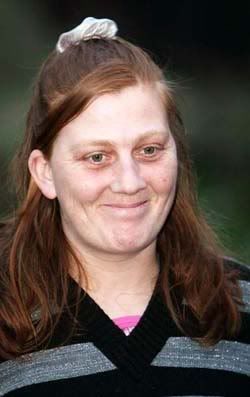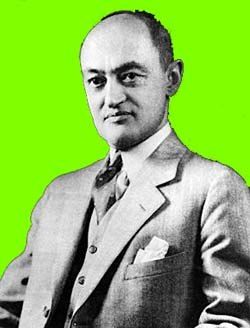 click here to go to update
click here to go to updateTomorrow, April 1st, is being called by some "Financial Fools' Day", as activists get ready to protest against the G20 gathering in London by marching in four columns representing the "four horsefolk [sic] of the apocalypse" to meet at the Bank of England at noon.
One of these is a former Playmate of the Month called Marina Pepper, who now writes books, including Spells for Teenage Witches: Get your way with Magical Power. Another is Chris Knight, a "radical anthropologist" who teaches at the University of East London, one of whose books is Blood Relations: Menstruation and the Origins of Culture. I am reminded of Capitalism, Socialism and Democracy, wherein economist Joseph Schumpeter (above) states that capitalism is ultimately doomed because it "would spawn a large intellectual class that made its living b
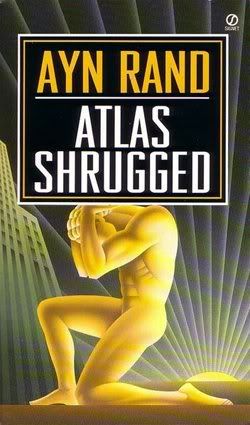 y attacking the very bourgeois system of private property and freedom so necessary for the intellectual class’s existence". (Lawyers for Ms Pepper please note - I am not accusing her of being an intellectual.) This theory was bleakly and believably novelised by Ayn Rand in her classic Atlas Shrugged.
y attacking the very bourgeois system of private property and freedom so necessary for the intellectual class’s existence". (Lawyers for Ms Pepper please note - I am not accusing her of being an intellectual.) This theory was bleakly and believably novelised by Ayn Rand in her classic Atlas Shrugged. The main thesis of the protestors seems to be that through the capitalist phenomenon of globalisation, people in charge of investing other folks' money, chiefly bankers, have gotten out of control and led much of the world into a financial crisis which we, the people now have to pay for. So far so good, but the relatively few bankers who precipitated this crisis appear to have done so without the help (or indeed knowledge) of world leaders, and it is hubristic of those leaders to think they can cobble together a solution in a matter of hours when it took allied leaders and expert economists 22 days to put a shape to post-war finances in 1944's Bretton Woods conference.
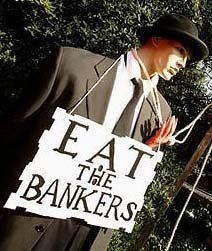
If the leaders are hubristic, then the protests' arrangers are living in la-la land in thinking that they can bring off a peaceful protest, given the inflammatory language used by Prof Knight et al, urging people to "take our protests to the belly of the beast", "burn the banks" and "eat the bankers" (no thanks, I get terrible heartburn). What do they expect?
If violence should occur, activists of this sort always have a convenient whipping boy. The first stroke was lashed last week when The First Post's Matthew Carr opined that levels of policing at this gathering of leaders representing "90% of global gross national product, 80% of world trade and two-thirds of the world's population" was asking for trouble.
What is, in fact, asking for trouble, is the financial situation which is neither going to be alleviated by any amount of horsefolk of the apocalypse in London, nor resolved by a big meeting of bigger egos that will last, at the very most, for less time than a police officer's shift.
Outside of
 the G20, Ukraine, which has signed a deal tying European Union to invest billions in the gas pipelines it depends on and aroused the ire of the behemoth to the north-east in doing so, looks to be heading towards bankruptcy amid a bitter struggle between its president and prime-minister that is benefiting ultra-nationalist parties; Pakistan, of course a nuclear power, is also cruising towards ruin as it half-heartedly struggles with the terrorists osmosing across the line on the map separating it from Afghanistan.
the G20, Ukraine, which has signed a deal tying European Union to invest billions in the gas pipelines it depends on and aroused the ire of the behemoth to the north-east in doing so, looks to be heading towards bankruptcy amid a bitter struggle between its president and prime-minister that is benefiting ultra-nationalist parties; Pakistan, of course a nuclear power, is also cruising towards ruin as it half-heartedly struggles with the terrorists osmosing across the line on the map separating it from Afghanistan.Within the G20, from China - vying with Russia for the title of the world's biggest rogue state - has come a book calling for French president Nicholas Sarkozy to be "punished" for meeting the Dalai Lama, and outlining its wish to do to the world what it is presently doing to much of Africa; and Argentina is also heading for the financial crash barrier.
But I get the idea America'll still end up getting blamed...
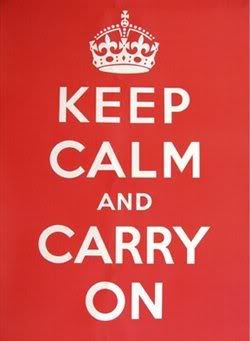
In short, things are bad. But then again, they've been bad before, and they'll be bad again. It's the good bits in between that make it worth it; the little graces that often have little to do with money. I don't know if we'll have to take the advice of the unreleased World War II poster to keep calm and carry on, but one thing that possibly even Schumpeter failed to appreciate is capitalism's ability to make accomodations - that's how it survived the attritions of well-meaning liberal-socialist new beginnings all over the globe.
There's an old curse that I've heard attributed both to the Jews and the Chinese - "may you live through interesting times". I hope April 1 in London is as boring as it can be. But if there are casualties or worse, Professor Chris Knight can blame the traditional enemies of democracy all he wants, but he may have to answer to the University of East London, Great Britain and even abroad for his troublemaking.
I pray that the police have as uninteresting a day as possible on April 1.
UPDATE:
On Wednesday, 1 April, a newsagent called Ian Tomlinson collapsed and died of a heart attack while making his way home close to where the riots were going on, but not taking part in them. An inquest has returned a verdict of natural death. Three witnesses say he was attacked by riot police. This is contested, but the witnesses appear to have forgotten the reason the police were there, being their own aspiration to "storm the banks" and "burn the bankers". Mr Tomlinson is survived by a wife and children, who have not blamed the police.
go back to top


 self away", the woman whose career depends upon finding nasty things to say about celebs made a comment about everything being passed by their lawyers. If it was meant to be threatening, Louise had obviously survived more convincing challenges, and asked about the "massive" comment. After an unsuccessful attempt to wriggle out, Ms Blackburn eventually admitted that her magazine operated on a system of chinese whispers.
self away", the woman whose career depends upon finding nasty things to say about celebs made a comment about everything being passed by their lawyers. If it was meant to be threatening, Louise had obviously survived more convincing challenges, and asked about the "massive" comment. After an unsuccessful attempt to wriggle out, Ms Blackburn eventually admitted that her magazine operated on a system of chinese whispers.
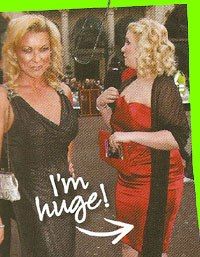
 h arrows for the sake of those whose minds have been so numbed they can no longer read. I'm not being facetious - looking through the mags, both Maxima and Minora agreed that after about ten pages the insipid text had them sufficiently somnolent so as only to be able to see the pictures.
h arrows for the sake of those whose minds have been so numbed they can no longer read. I'm not being facetious - looking through the mags, both Maxima and Minora agreed that after about ten pages the insipid text had them sufficiently somnolent so as only to be able to see the pictures.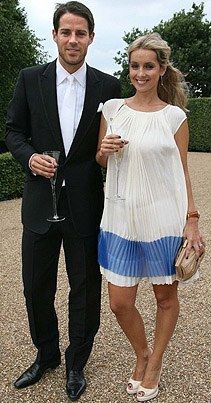 confessed she'd never had the opportunity to see another mother's abdomen post-birth.
confessed she'd never had the opportunity to see another mother's abdomen post-birth.
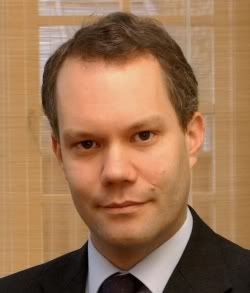
 We are rapidly entering the age of no privacy, where everyone is open to surveillance at all times; where there are no secrets from government.
We are rapidly entering the age of no privacy, where everyone is open to surveillance at all times; where there are no secrets from government. ultation process concerning where to place them in one particular area, not too salubrious, where the councillors were extensively lobbied by individuals who turned out to be working for drug-dealers keen to protect the places where they did business. But that's nothing compared to the 40,000 cameras estimated to have been in place
ultation process concerning where to place them in one particular area, not too salubrious, where the councillors were extensively lobbied by individuals who turned out to be working for drug-dealers keen to protect the places where they did business. But that's nothing compared to the 40,000 cameras estimated to have been in place  t doesn't work in practice. There was an outcry when jewellers in London's Kensington district were
t doesn't work in practice. There was an outcry when jewellers in London's Kensington district were 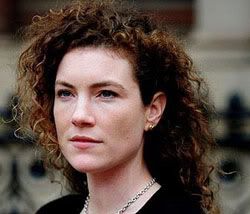



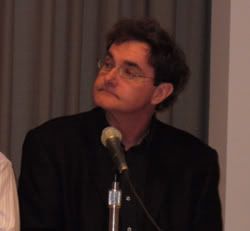 humanist" (avaricious Terminator fan) who contrasted Habtegiris' penurious death with that of Terry Schiavo, who was on a ventilator for seven years before her allegedly abusive husband won a court case to have life support - in this case a feeding tube - removed. Bailey asked, what "
humanist" (avaricious Terminator fan) who contrasted Habtegiris' penurious death with that of Terry Schiavo, who was on a ventilator for seven years before her allegedly abusive husband won a court case to have life support - in this case a feeding tube - removed. Bailey asked, what " she expired. Just as Baby OT's parents wanted up to five years of life with a little boy who liked having his feet tickled.
she expired. Just as Baby OT's parents wanted up to five years of life with a little boy who liked having his feet tickled.

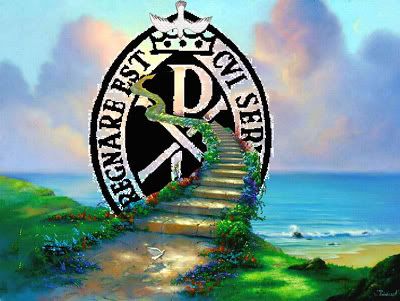

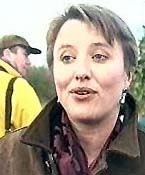
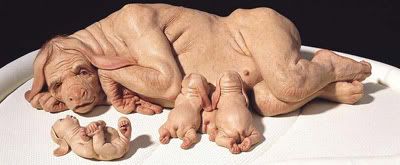
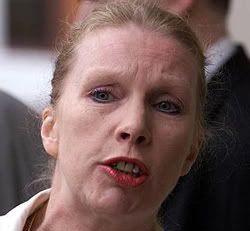





 uicide in prison, he's otherwise engaged. (Ms Bower was also named one of the Health Service Journal's
uicide in prison, he's otherwise engaged. (Ms Bower was also named one of the Health Service Journal's 
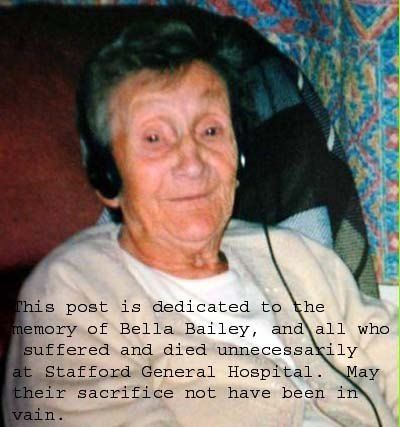
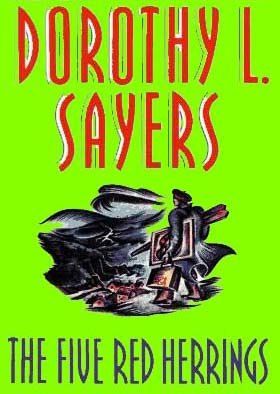
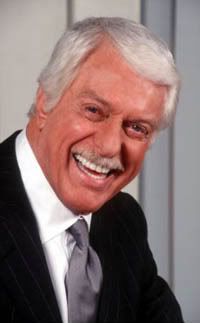 hat she called "nice" murders, for example TV adaptations of Agatha Christie's Hercules Poirot or Miss Marples novels, or as investigated by US tecs Jessica Fletcher (Murder She Wrote - based on the books by Donald Bain), or Dr Mark Sloan (Diagnosis Murder). Maxima also prefers more light than darkness, and likes M.C. Beaton's Agatha Raisin and Martha Grimes' Richard Jury; she's currently enjoying Alexander McCall Smith's Botswana-based series
hat she called "nice" murders, for example TV adaptations of Agatha Christie's Hercules Poirot or Miss Marples novels, or as investigated by US tecs Jessica Fletcher (Murder She Wrote - based on the books by Donald Bain), or Dr Mark Sloan (Diagnosis Murder). Maxima also prefers more light than darkness, and likes M.C. Beaton's Agatha Raisin and Martha Grimes' Richard Jury; she's currently enjoying Alexander McCall Smith's Botswana-based series 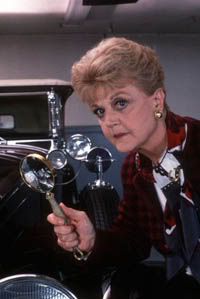

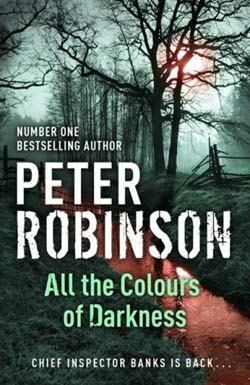
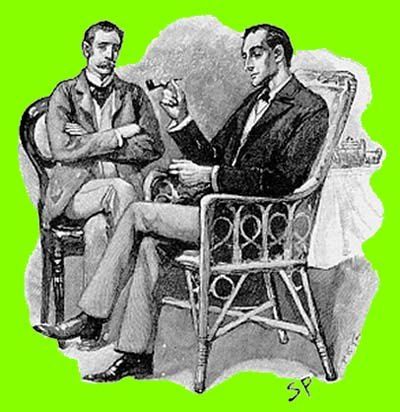

 rse, and on these occasions you have to be careful not to let who you're talking to open up so unprotectedly that the beast in the basement flies out and can't be put back in.
rse, and on these occasions you have to be careful not to let who you're talking to open up so unprotectedly that the beast in the basement flies out and can't be put back in.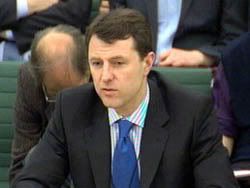
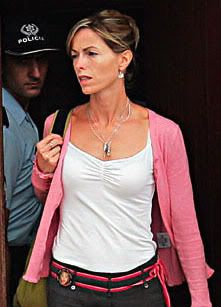 insinuations about her to cover for their unprofessional conduct. Since her dignified behaviour deprived the more manipulative tabloids of the opportunity to cast her as a victim, she was attacked for the crime of looking after her appearance (although looking at pictures of her you could see her becoming increasingly drawn and thin) and she
insinuations about her to cover for their unprofessional conduct. Since her dignified behaviour deprived the more manipulative tabloids of the opportunity to cast her as a victim, she was attacked for the crime of looking after her appearance (although looking at pictures of her you could see her becoming increasingly drawn and thin) and she 